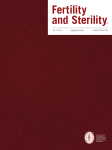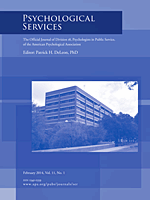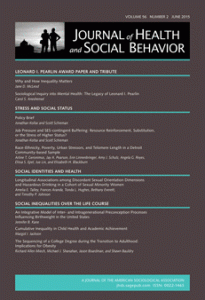When an entry on Wikipedia dies, can it come back as a paper in a peer-reviewed journal?
Apparently not, according to the Indian Journal of Psychiatry, which has retracted a 2013 article about reincarnation after discovering the authors lifted text from a “old revision” of a Wikipedia entry on the subject.
The article, “The mystery of reincarnation,” states that:
One of the mysteries puzzling human mind since the origin of mankind is the concept of “reincarnation” which literally means “to take on the flesh again.”
The article presents how different religions describe reincarnation, and apparently provides “some research evidence” about the phenomenon. But according to the retraction notice, the authors, led by AK Nagaraj of Mysore Medical College, took on the words again of other writers:
Continue reading Wikipedia page reincarnated as paper: Authors plagiarized paper on reincarnation





 An open-access journal with a speedy peer review process has been having some issues with a retracted article on the biology of sex addiction.
An open-access journal with a speedy peer review process has been having some issues with a retracted article on the biology of sex addiction.

 A widely reported finding that the risk of divorce increases when wives fall ill — but not when men do — is invalid, thanks to a short string of mistaken coding that negates
A widely reported finding that the risk of divorce increases when wives fall ill — but not when men do — is invalid, thanks to a short string of mistaken coding that negates